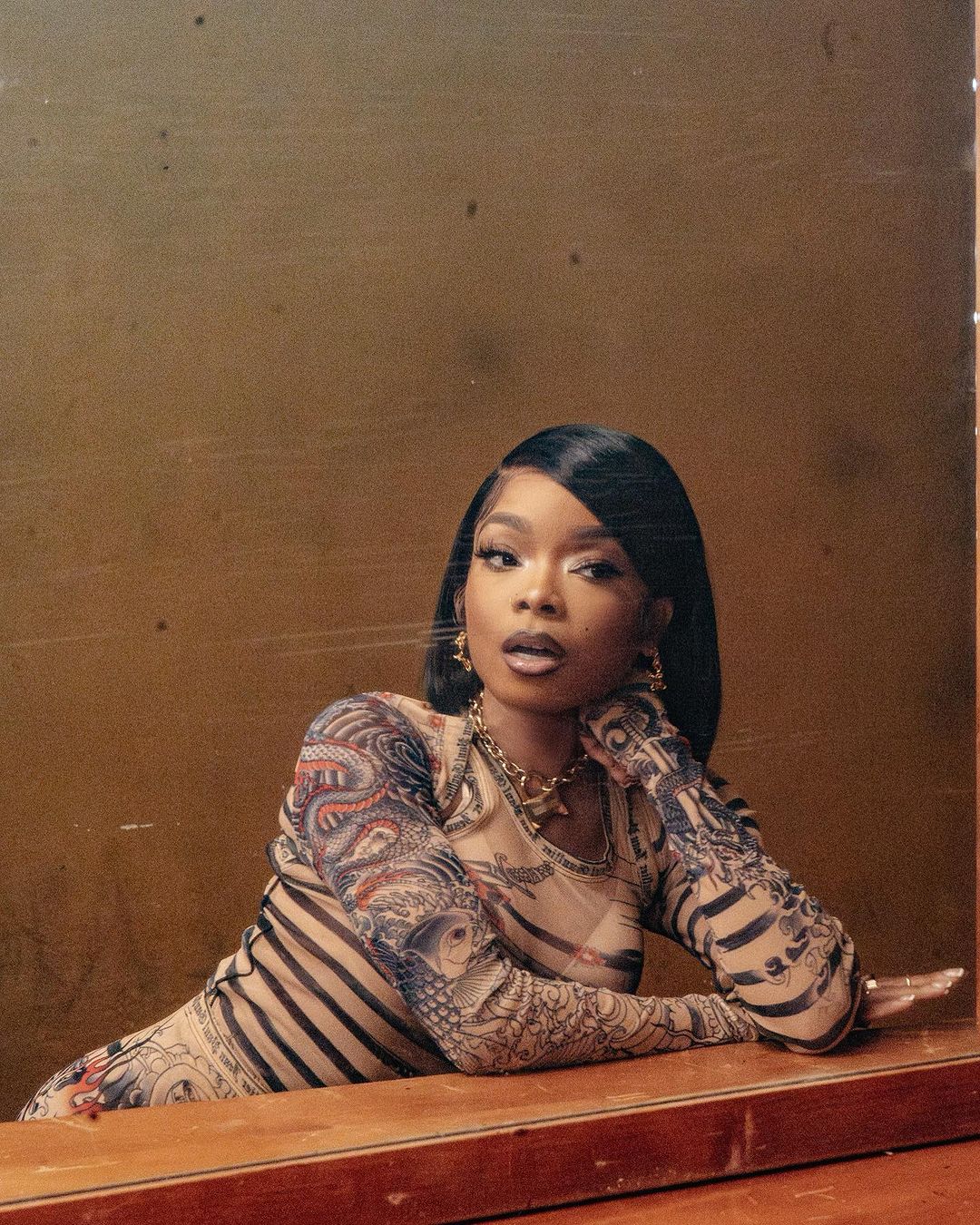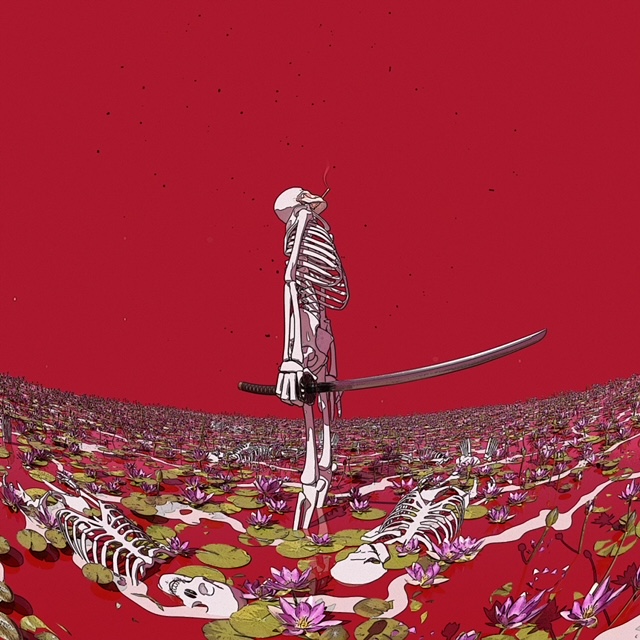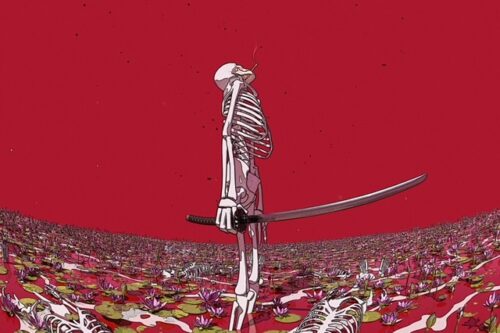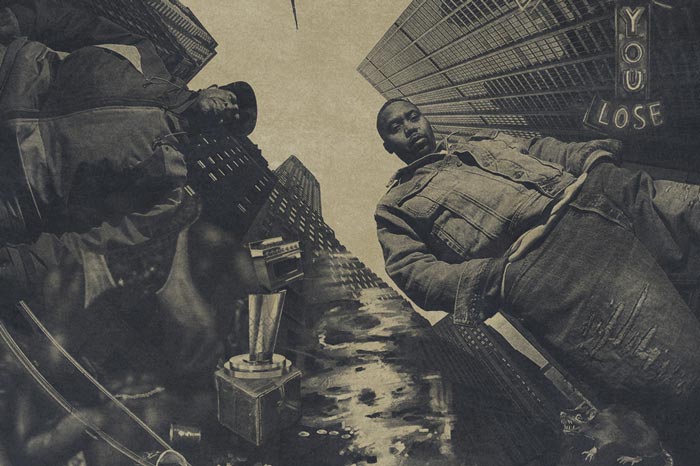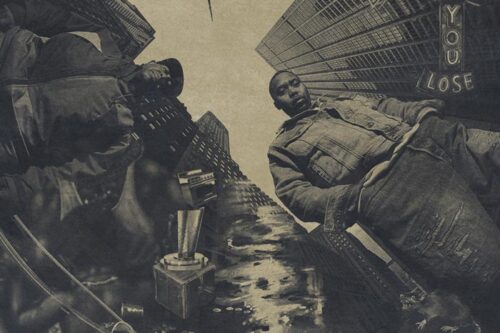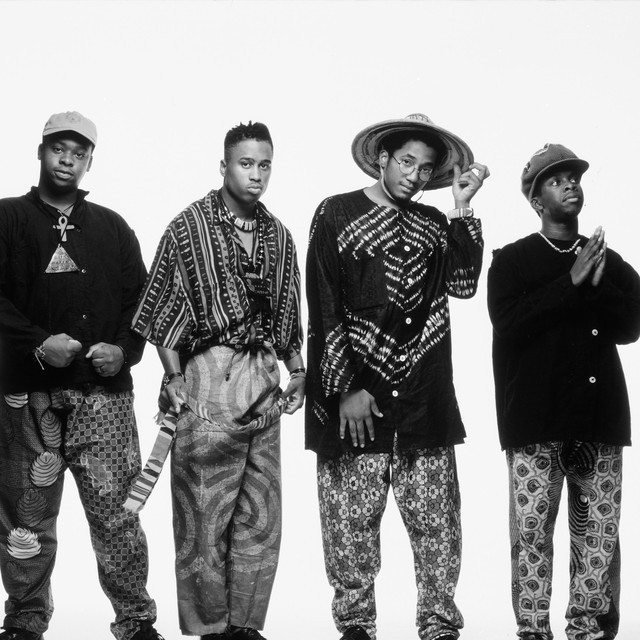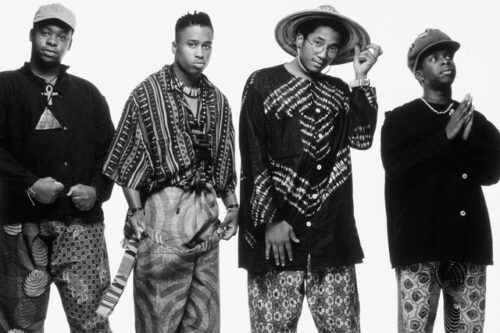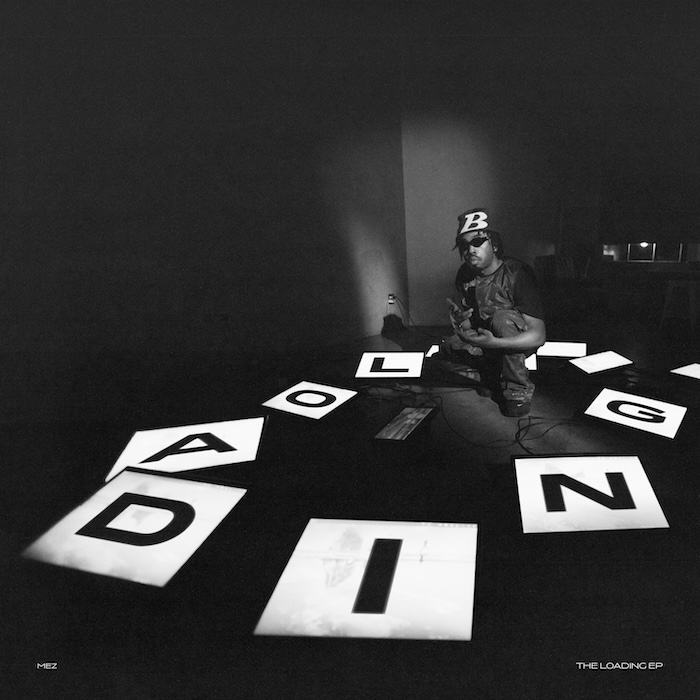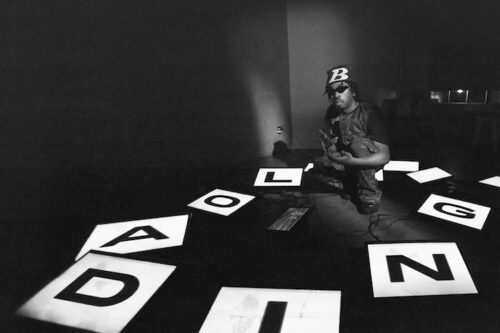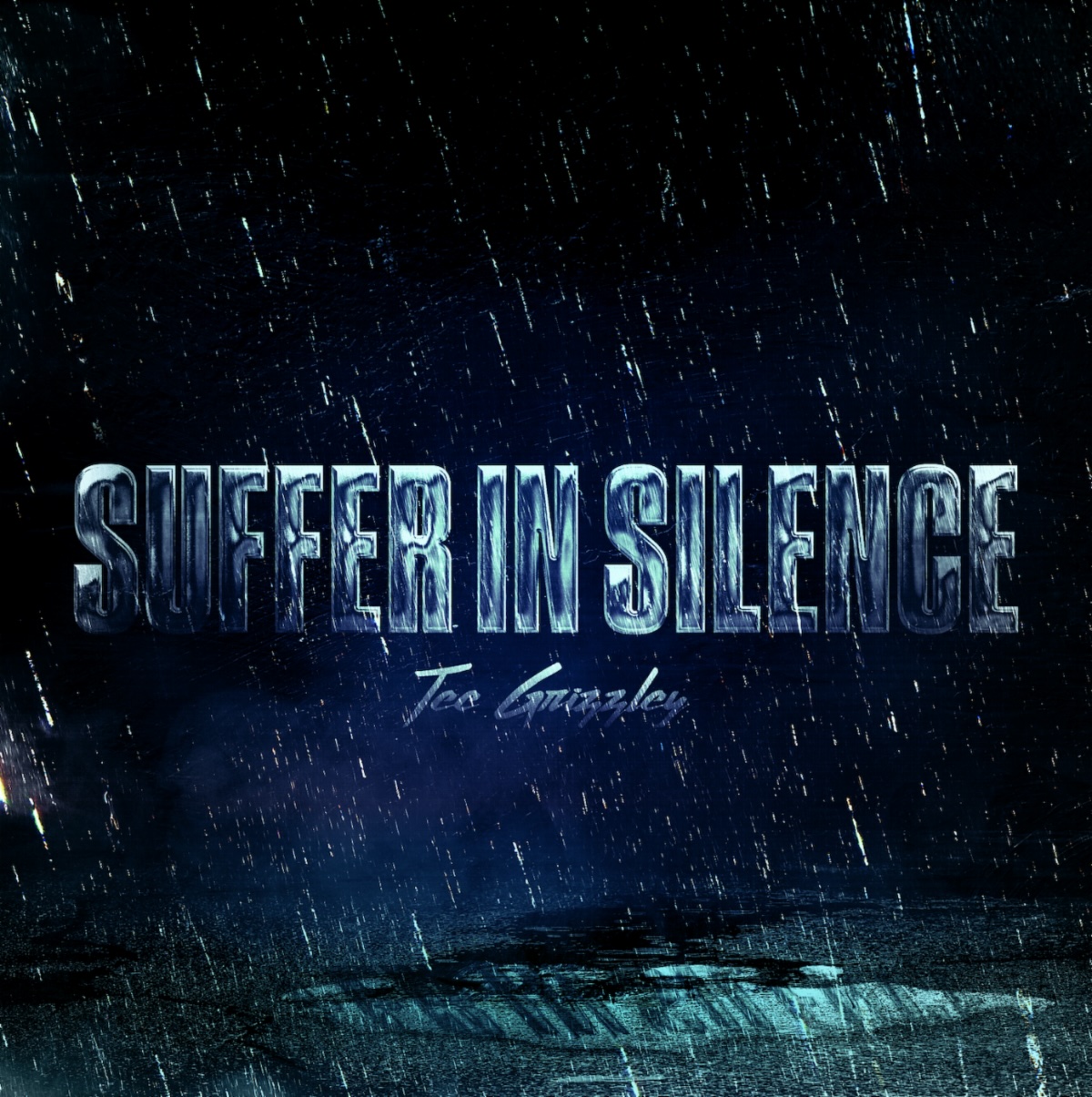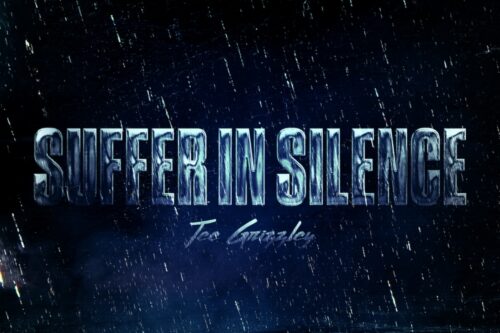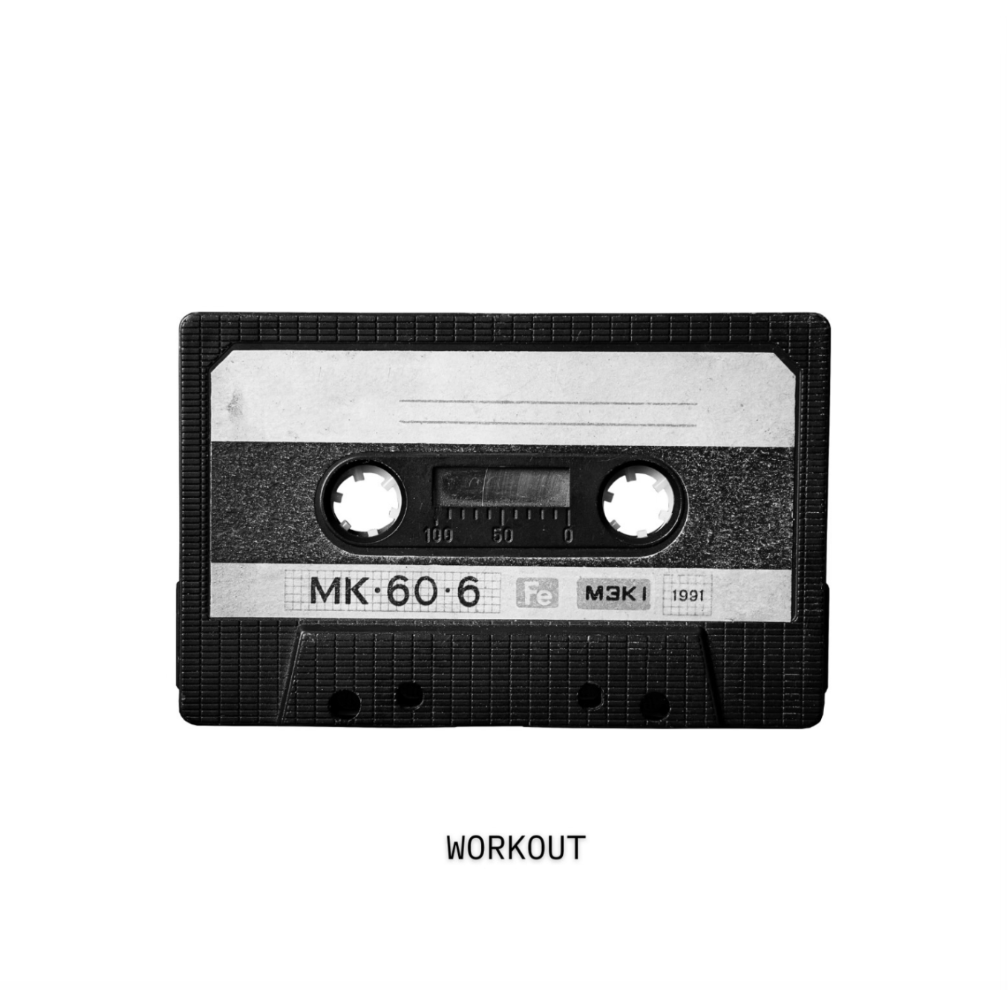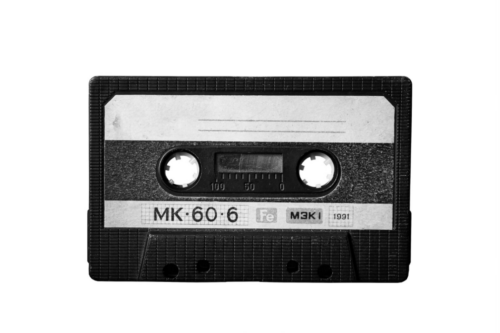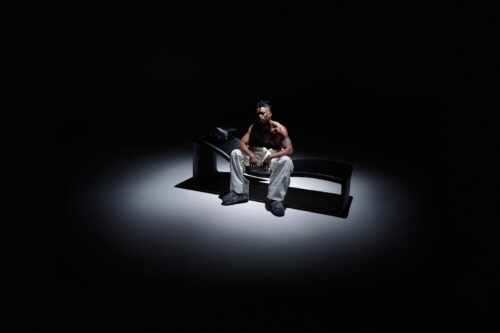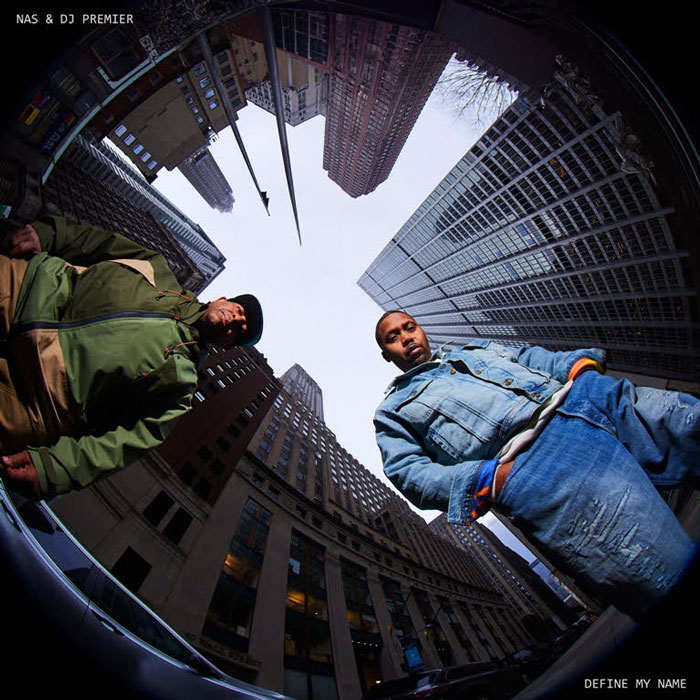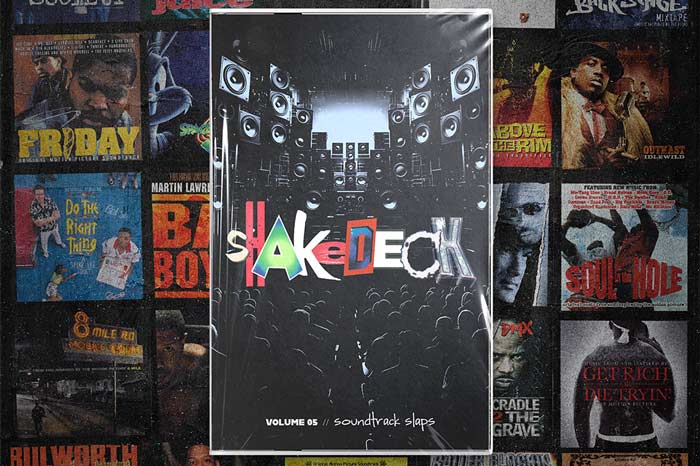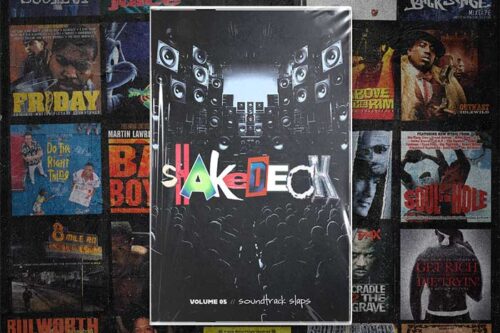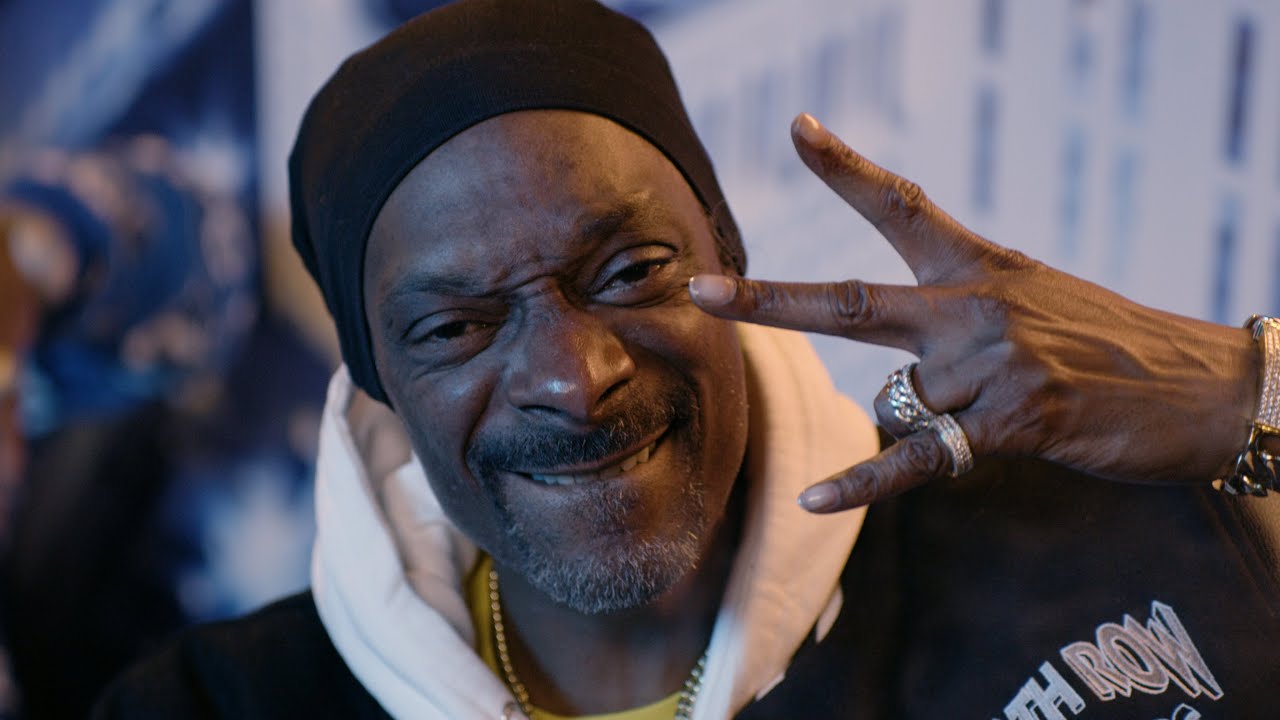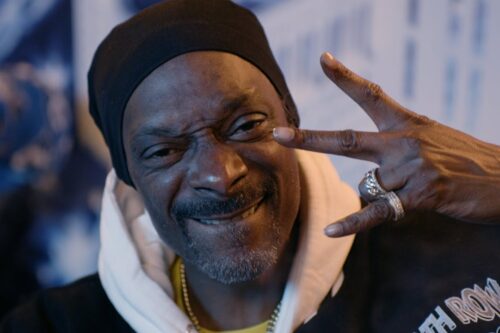
With Jay-Z currently celebrating the release of Everything Is Love with Beyoncé, No I.D. shares memories behind the creation of 4:44 on the album’s first anniversary.
On top of revealing the album was originally supposed to be seven tracks (oh the irony), the veteran producer also gave a track-by-track breakdown of the album during a conversation with Tidal.
“It filled some gaps that I thought I had in my career. I didn’t set out to do it but but I always had a goal to do an album where I was the sole producer,” I.D. said when asked where 4:44 ranks in his legacy. “I know Jay is listed [as a producer] but I consider him the artist. So it was great to do an album without co-collaborators. And it also hit a milestone because I like to be part of projects that have meaning past sales, numbers and things like that.”
“I wanna see where this album is at at the 10-year anniversary,” he continued. “I really believe it’s gonna be like fine wine. I think it’s all real! We’re in this gladiator sport of music and fighting, who’s the best and who can do this and that, but then, 4:44 is real talk, real art, real concentrated, buoyant, deep thought. It’s not for lightweight minds walking past who just wanna dance or judge rap patterns. It’s Thelonious Monk. It’s Miles Davis. People break the rules sometimes to make [something] new.”
“Kill JAY-Z”
This was the first song we recorded. The funny thing is I had [originally] brought it to him as a concept for the entire album. Kind of like Kill Bill but kill JAY-Z. And it just ended up just turning into the first song.
I went through an exercise the year before where I was just doing hundreds of beats and when you do that many, you stop doing the things that you’re naturally inclined to do and you start expanding. It was just a process of expansion and experimentation that led to that beat.
“4:44”
When we first started the album, we kind of agreed without agreeing that the album would not be a Lemonade response. In certain ways, we were going everywhere — but there! And then one day, [Young] Guru told me that he had some lines that he had written which wound up being some of the bars to the song. And I was like, “If we’re gonna go there, let’s go there one good time.” And [“4:44”] is one of the beats that I felt had a lot of pain and soul and that’s one of the few beats that I didn’t try to do any tricks. It’s just kind of straight up. If someone was trying to recreate the beat, it wouldn’t be as difficult as others on the album.
But as the story goes, I kind of made it knowing I wanted to box him in because I knew what the song was already saying. And it just spoke right into what he said. And I just looked at him like, “What’s up?!” And he knew what I meant. He was like, “Whatcha mean, what’s up?” and I asked, “Whatcha gonna do?” And he went in.
The song is a crown jewel in my opinion because it’s the song if a person had something that bothered them and you could say something to relieve that tension. I would say as a human being, he was in a better place.
“Marcy Me”
On that first verse, [Jay] had said those lines to me one day when we were going through different beats and I never forgot them. And I kept saying, “What about that pocket right there?” And he would be like, “What? What?”
So this was one where I really went digging and found a really hip-hop level sample and was trying to back him in a corner [to appease] the real rap-rap, hip-hop fans [like] we gotta give them this! And I saw it in different places on this album but specifically here, I saw Jigga.
There’s this era of hip-hop in the ’90s that I lived through and I know the threads of it. We could say the beat screams “Marcy” because he rapped about it and spoke it about but it could have been any MLK! It had that feeling that made him portion that out. I wasn’t even thinking about Marcy when I made the music. I was really thinking how my producer friends would be happy I did this beat and all our rap friends would be happy he said those raps.
And then he carried it the rest of the way. I look at it like scoring a movie. The person who scores properly just reads the script. There were times where I inserted myself to help bring out things but the key to that is surrounding someone with elements that caused them to use elements from their own self. It’s just all about feeling. And we’re gonna call it “Marcy” for now because that’s what he said. But I’d call it “Southside 87th Street Chicago” too!
“Legacy”
This might have been the second or third record we did. And he immediately said this would be the outro. Ironically, we were trying to do a seven-song project. The irony of it all, right?
But it just kept spilling over to more songs and he loved Donny Hathaway — that’s another sample off his playlist. Maybe I make that beat and never play it for anybody to be honest. Sometimes I make beats and don’t like it. It’s 2017 and nobody’s making those jazz beats. Ultimately for the sake of art, I was personally channeling the feeling of what’s going on.
And what I mean by that is “What’s Going” On is the crown jewel of Marvin [Gaye’s] catalog but “Sexual Healing” is the biggest song. And you don’t even discuss the album “Sexual Healing” is on but you know what that body of work “What’s Going On” meant.
Sometimes I think albums are so ambitious, they don’t stand as bodies of work because you try to achieve so much and sometimes we need to do less. Say less. And I think this piece of music perfectly fit the concept of “Legacy.” Between Donny’s voice and the musicality when Jay says “legacy,” we bringing it into the fact that legacy means old and young.
Check the full feature on Tidal—no subscription needed.

